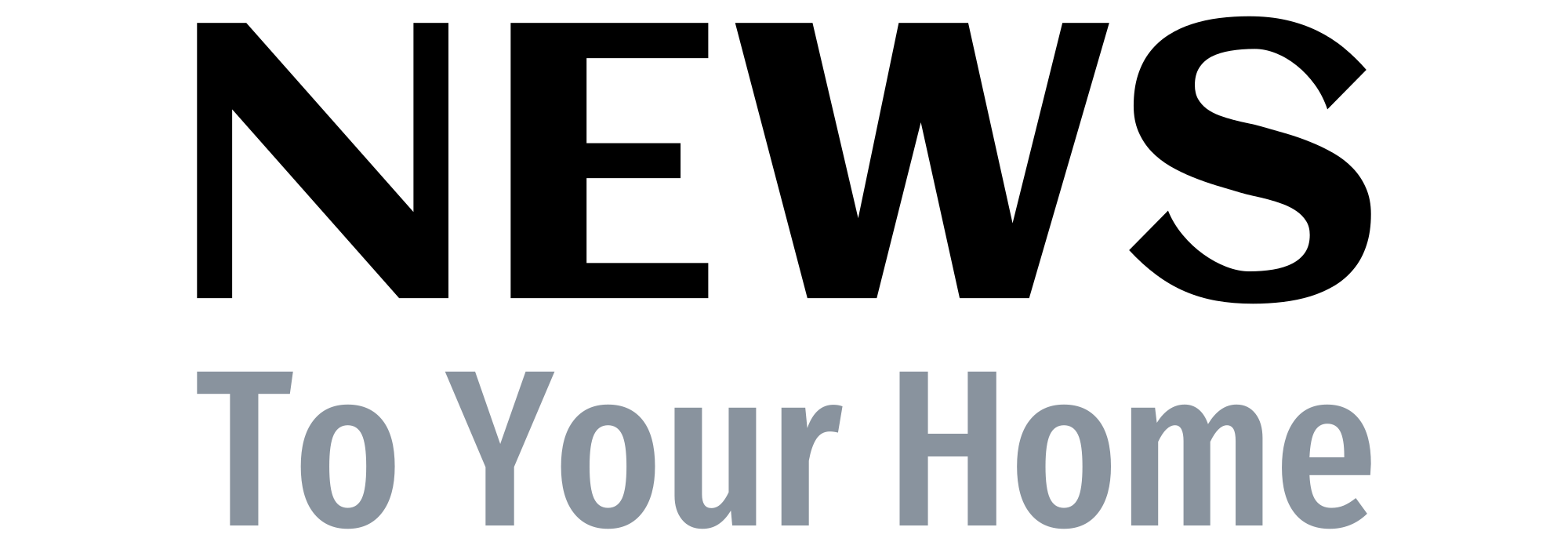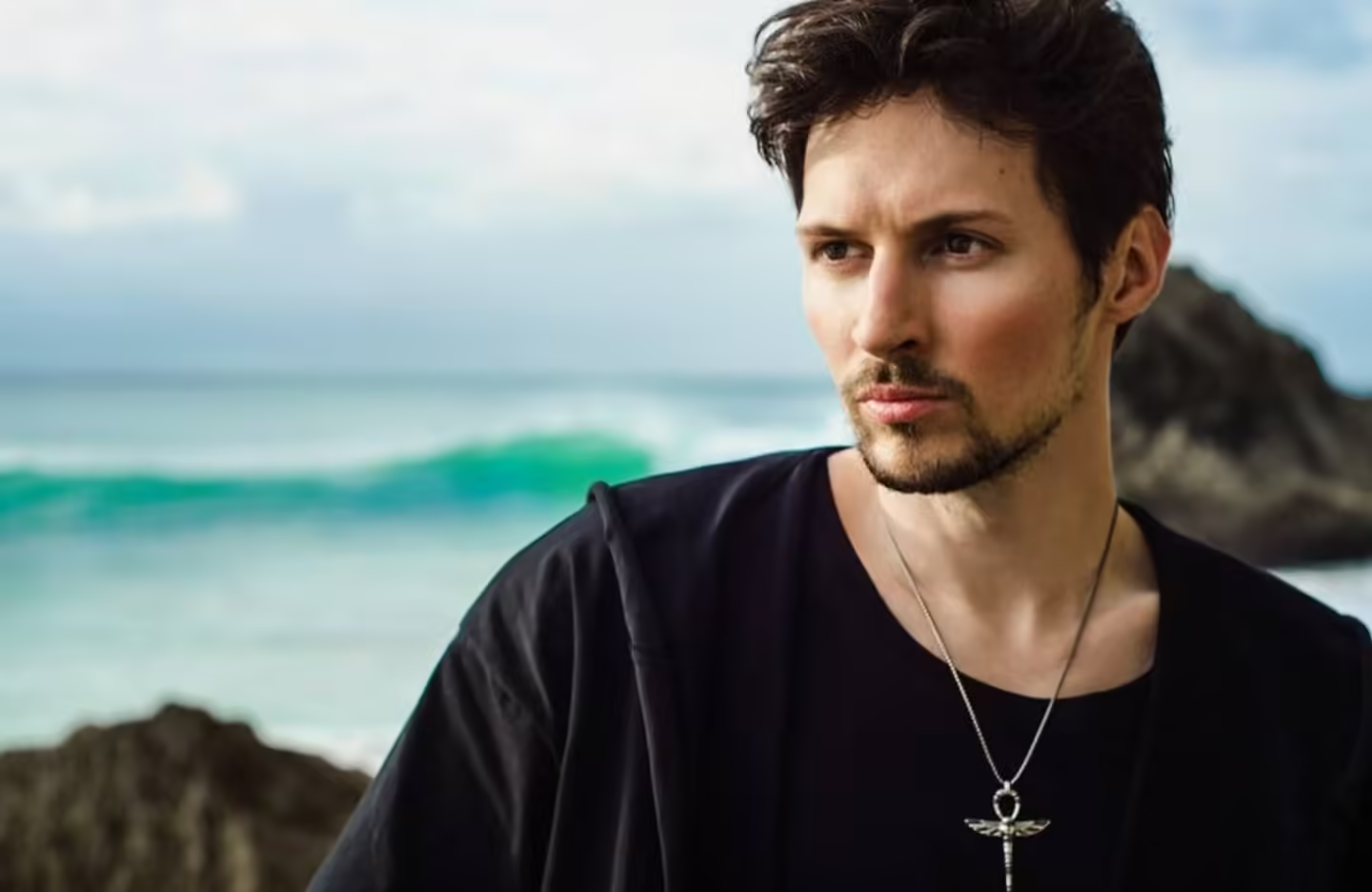In a shocking turn of events, Telegram CEO Pavel Durov, the visionary behind Telegram, was arrested in France, stirring a global debate about the role of technology in society. The arrest of the Russian-born entrepreneur has sparked outrage, fear, and uncertainty among users of the popular messaging app, raising questions about the future of online privacy, free speech, and the responsibilities of tech platforms. He was arrested few days back in France.
Why Telegram CEO Pavel Durov Was Arrested
Telegram CEO Pavel Durov, widely recognized for his stern advocacy of free speech, now faces serious criminal charges in France. The French authorities have accused him of enabling illegal activities on Telegram, a platform notorious for its light content moderation. The charges include complicity in child sexual abuse, drug trafficking, and other criminal activities that have taken place on the app. This legal action marks a rare and bold move by the French government to hold a tech executive personally accountable for the actions of users on their platform.
5 Million Euro Bail and Strict Restrictions
Telegram CEO Durov’s arrest was followed by a court order demanding a hefty bail of 5 million euros. The court also imposed strict conditions on his release: he must report to the police twice a week and is prohibited from leaving France. These measures reflect the severity of the allegations and the potential consequences Durov faces if convicted.
Telegram’s Role in Criminal Networks
Telegram, with its over 900 million users worldwide, has been a double-edged sword. While it offers a secure means of communication for people under oppressive regimes, it has also become a safe haven for criminals. French prosecutors have long criticized the platform for its “near-total absence” of cooperation with law enforcement, especially in cases involving child exploitation, drug trafficking, and hate crimes. The platform’s reputation has been further tarnished by its refusal to assist authorities in tracking down individuals involved in illegal activities.

The Free Speech Dilemma
Telegram CEO Durov’s arrest has intensified the ongoing global debate about the limits of free speech on the internet. On one side are advocates like Durov and Elon Musk, who argue that tech platforms should be free from government interference, allowing users to express themselves without censorship. On the other side are governments and regulators, particularly in the European Union, who believe that tech companies have a responsibility to prevent the spread of harmful content.
Pavel Durov: A Controversial Figure in the Tech World
Telegram CEO Durov’s journey from creating Russia’s most popular social network, Vkontakte, to founding Telegram, has been marked by controversy and defiance. In 2014, he fled Russia after refusing to cooperate with government demands for user data. His commitment to user privacy and free speech has earned him both praise and criticism. Now, with citizenships in France, Russia, and the United Arab Emirates, Durov finds himself at the center of a legal and diplomatic storm.
France vs. Russia
The arrest of Telegram CEO Durov has not only stirred legal and ethical debates but has also strained diplomatic relations between France and Russia. Russian officials have criticized the arrest, accusing France of politically motivated actions, especially in light of the tense relations between the two countries due to the ongoing conflict in Ukraine. The Kremlin has expressed its willingness to assist Durov, but his dual citizenship complicates the situation.
What’s Next for Telegram and Its Users?
As the legal proceedings against Durov continue, the implications for Telegram and its users are profound. Legal experts suggest that the outcome of this case could force tech companies to take a more proactive approach to content moderation, potentially changing the landscape of online communication. For Telegram, known for its hands-off approach, this could mean a significant shift in how the platform operates.
The arrest of Pavel Durov could mark a watershed moment in the ongoing battle over free speech, privacy, and security on the internet. As governments push for more control over online platforms, the tech industry faces a critical question: how far should they go in policing their users? The outcome of Durov’s case could set a precedent that will shape the future of digital communication and the responsibilities of tech executives around the world.
This is not just a legal battle for one man but a critical juncture for the entire tech industry, one that could redefine the boundaries of free speech in the digital age.


[…] out on bail, Jagdish Tytler was granted release by a sessions court on a bond and surety of ₹1 lakh each. The […]
[…] March 2023, the ICC issued an arrest warrant for Putin, accusing him of war crimes, particularly the unlawful deportation of Ukrainian children to Russia. Despite these serious […]